2′,7′-Dichlorodihydrofluorescein Diacetate
Synonym(s):2ʹ,7ʹ-Dichlorofluorescin Diacetate - CAS 4091-99-0 - Calbiochem;H₂DCFDA, 2ʹ,7ʹ-Dichlorodihydrofluorescein Diacetate
- CAS NO.:4091-99-0
- Empirical Formula: C24H16Cl2O7
- Molecular Weight: 487.29
- MDL number: MFCD00128955
- EINECS: 685-843-8
- SAFETY DATA SHEET (SDS)
- Update Date: 2025-12-25 11:31:46
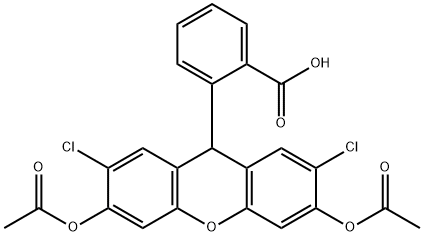
What is 2′,7′-Dichlorodihydrofluorescein Diacetate?
Description
DCFH (commonly known as dichlorofluorescin) is used as an indicator of peroxynitrite formation. DCFH is supplied as the diacetate ester. Following enzymatic or base-
Chemical properties
white to yellow-beige or pale pink powder
The Uses of 2′,7′-Dichlorodihydrofluorescein Diacetate
Cell-permeable fluorogenic probe used to measure reactive oxygen species (ROS) within cells by detection of enzymatically formed hydrogen peroxide.
The Uses of 2′,7′-Dichlorodihydrofluorescein Diacetate
2',7'-Dichlorodihydrofluorescein as a cell-permeable non-fluorescent probe. It is de-esterified intracellularly and turns to highly fluorescent 2’7’dichlorofluorescein upon oxidation.
The Uses of 2′,7′-Dichlorodihydrofluorescein Diacetate
2′,7′-Dichlorofluorescin diacetate is a cell-permeable non-fluorescent probe. 2′,7′-Dichlorofluorescin diacetate is de-esterified intracellularly and turns to highly fluorescent 2′,7′-dichlorofluorescein upon oxidation.
Applications include sensitive and rapid quantitation of oxygen-reactive species in response to oxidative metabolism; microplate assay for detecting oxidative products in phagocytic cells, and quantitative multiwell myeloid differentiation assay.
What are the applications of Application
2′,7′-Dichlorodihydrofluorescein Diacetate is a cell-permeable fluorogenic ROS probe
General Description
Cell-permeable fluorogenic probe that is useful for the detection of reactive oxygen species (ROS) and nitric oxide (?NO) and for the determination of the degree of overall oxidative stress.
Biochem/physiol Actions
Cell permeable: yes
Storage
Store at -20°C
Properties of 2′,7′-Dichlorodihydrofluorescein Diacetate
| Melting point: | 209-210 °C(lit.) |
| Boiling point: | 593.5±50.0 °C(Predicted) |
| Density | 1.463±0.06 g/cm3(Predicted) |
| storage temp. | -20°C |
| solubility | DMF: soluble |
| form | Crystalline solid |
| pka | 3.79±0.36(Predicted) |
| color | White to off-white |
| BRN | 4610273 |
| Stability: | Light Sensitive |
| EPA Substance Registry System | 2',7'-Dichlorohydrofluorescein diacetate (4091-99-0) |
Safety information for 2′,7′-Dichlorodihydrofluorescein Diacetate
| Signal word | Warning |
| Pictogram(s) |
 Exclamation Mark Irritant GHS07 |
| GHS Hazard Statements |
H302:Acute toxicity,oral H315:Skin corrosion/irritation H319:Serious eye damage/eye irritation |
| Precautionary Statement Codes |
P264:Wash hands thoroughly after handling. P264:Wash skin thouroughly after handling. P270:Do not eat, drink or smoke when using this product. P280:Wear protective gloves/protective clothing/eye protection/face protection. P302+P352:IF ON SKIN: wash with plenty of soap and water. P305+P351+P338:IF IN EYES: Rinse cautiously with water for several minutes. Remove contact lenses, if present and easy to do. Continuerinsing. P332+P313:IF SKIN irritation occurs: Get medical advice/attention. P337+P313:IF eye irritation persists: Get medical advice/attention. |
Computed Descriptors for 2′,7′-Dichlorodihydrofluorescein Diacetate
New Products
Indole Methyl Resin tert-butyl 9-methoxy-3-azaspiro[5.5]undecane-3-carboxylate Boc-His(Boc)-OH 2-CTC Resin 4-Chloro-7-tosy1-7Hpyrrolo[2,3-d]pyrimidine 5,7-Dibromo-1H-indole 2,5-dichloro-N-hydroxy-4,6-dimethylpyridine-3-carboximidamide 2,2-Dimethoxy-7-azaspiro[3.5]nonane hydrochloride 4-chloromethyl-5-methyl-1,3-dioxol-2-one (DMDO-Cl) R-2-BENZYLOXY PROPIONIC ACID 1,1’-CARBONYLDIIMIDAZOLE 1,1’-CARBONYLDI (1,2-4 TRIAZOLE) N-METHYL INDAZOLE-3-CARBOXYLIC ACID 4-((2-hydroxyethyl)thio)benzoic acid 1-(TERT-BUTOXYCARBONYL)-2-PYRROLIDINONE Methyl 6-methylnicotinate 3-Pyridineacrylic acid tert-Butyl carbazate TETRAHYDRO-2H-PYRAN-3-OL 2-((4-morpholinophenylamino) (methylthio) methylene) malononitrile 3-(4-morpholinophenylamino)-5-amino-1H-pyrazole-4-carbonitrile 2,4-dihydroxybenzaldehyde 1,3-Diethyl-1,3-Diphenylurea Methyl 2-methylquinoline-6-carboxylateRelated products of tetrahydrofuran
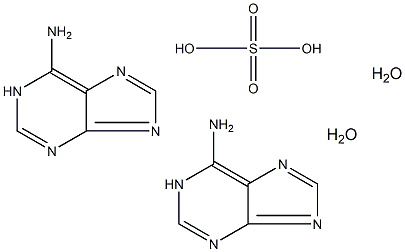





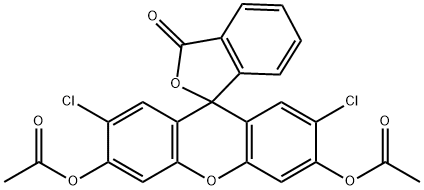

You may like
-
 2′,7′-Dichlorofluorescin diacetate, ≥97% CAS 4091-99-0View Details
2′,7′-Dichlorofluorescin diacetate, ≥97% CAS 4091-99-0View Details
4091-99-0 -
 2,7-Dichlorofluorescein Diacetate (DCFH) extrapure CAS 4091-99-0View Details
2,7-Dichlorofluorescein Diacetate (DCFH) extrapure CAS 4091-99-0View Details
4091-99-0 -
 2′,7′-Dichlorofluorescin Diacetate CAS 4091-99-0View Details
2′,7′-Dichlorofluorescin Diacetate CAS 4091-99-0View Details
4091-99-0 -
 2′,7′-Dichlorodihydrofluorescein diacetate CAS 4091-99-0View Details
2′,7′-Dichlorodihydrofluorescein diacetate CAS 4091-99-0View Details
4091-99-0 -
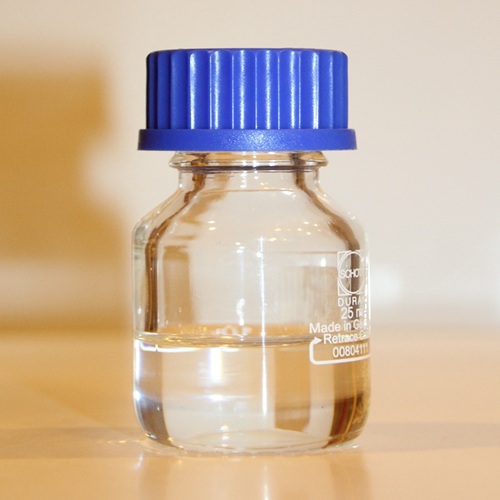 Pyridine 99.5% HPLC /UV SpectroscopyView Details
Pyridine 99.5% HPLC /UV SpectroscopyView Details
110-86-1 -
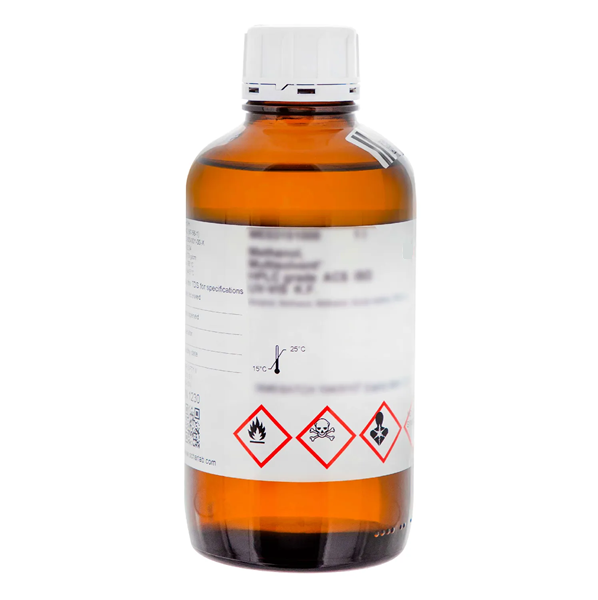 Dibutyl PhthalateView Details
Dibutyl PhthalateView Details
84-74-2 -
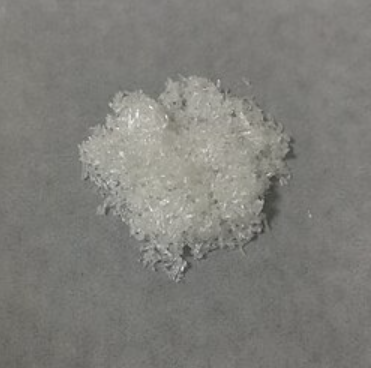 Imidazole Spot supply, competitive priceView Details
Imidazole Spot supply, competitive priceView Details
288-32-4 -
 Thiourea 99% ARView Details
Thiourea 99% ARView Details
62-56-6
